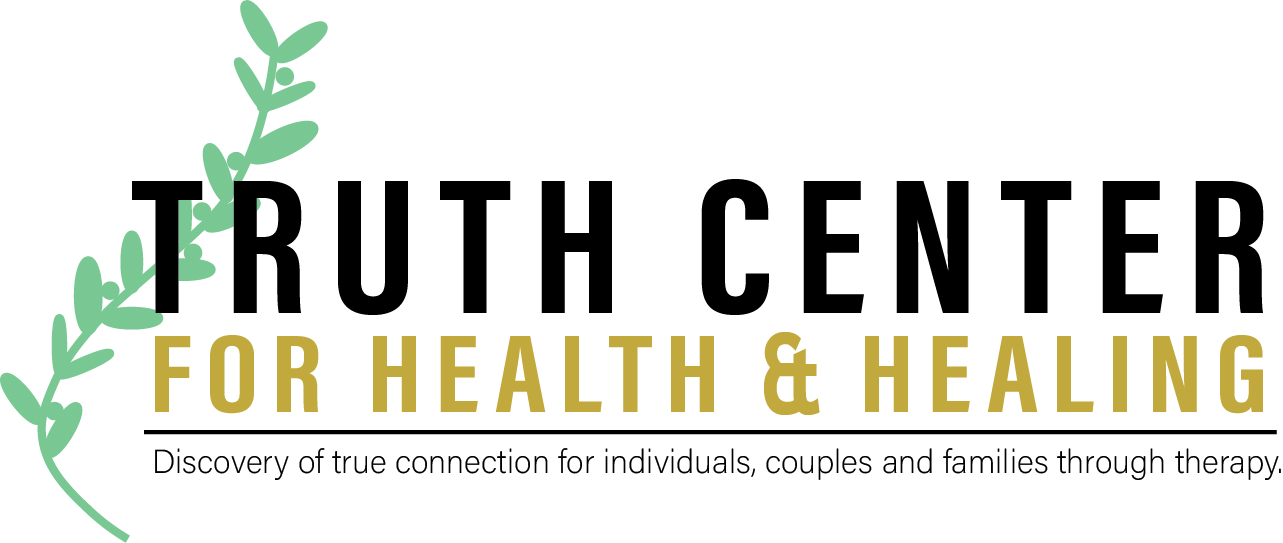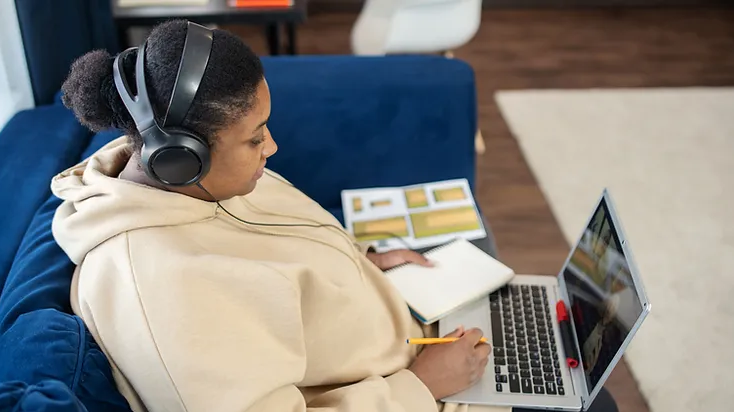I think we all remember at some point in our youth wishing to be an adult. We tell ourselves things like “when I’m older, I can have whatever I want for dinner” or “when I’m older, I won’t have to clean my room unless I want to.” Typically, kids whine or push against the imposition of rules or structure. However, structure is so important to know what to expect and how to approach any given task or even any given day. We all benefit from having a routine and holding some semblance of structure, and I’ve noticed that it is something that seems to go unspoken or not really discussed as we get older. We leave school and suddenly the majority of hours in our days are not consistently monitored and directed, and it can be very uncomfortable to feel somewhat directionless. Countless times now as an adult, I’ve heard another adult say “I wish someone would just tell me what to do” or “I wish someone would just choose for me.” On the other hand, as someone who loves to have free time or the unexpected day off, I can connect with people who find routine undesirable or stuffy in some way. However, the benefits of having structure are worthwhile and creating structure is pretty accessible.
Self-Care & Routines
When we begin thinking of what a routine may offer us, self-care comes to mind. Not the fluffy, fun, flowery spa day type of self-care, but the self-care that happens each and every day. The self-care that ensures one’s hygiene, sleep hygiene, moving and eating habits. These routines do not have to look a certain way or be carried out at a certain time of day, but they do need to exist in ways that work for you. It’s easy to get wrapped up in societal expectations of what these things look like, but ultimately unless you find what works for you, it isn’t going to stick. The nice thing about it is that there are no wrong answers; as long as you ensure that you have a routine that minimally includes taking care of yourself hygienically and physically, then you’re on the right track.
Routines and structure can let us know how we’re doing and can alert our loved ones to changes in our wellbeing. When we have things that ground us each day, noting that they’re particularly difficult at some point can alert us to possibly not doing as well as we might feel normally, either mentally or emotionally. Having some kind of mechanism to gauge how you’re doing that is personal to you can help to recognize you might need some support. Alternatively, holding to your routine can also be the thing that helps you to regain your centeredness and feeling healthy. Caring for yourself is an act of compassion, and it’s one that needs to be prioritized before we can progress. It can also be part of what helps us to progress, as we reach incremental goals through parts of what comprise our daily routines (for example: better sleep, walking more, etc.)
If you’re reading this and thinking that you don’t have a proper routine or structure- don’t worry! These things can be built, and they need to adapt as your life grows and changes. Once you determine what needs to be addressed first, try to think about implementing small changes. It’s easy to overlook a solid breakfast or to find that you’ve been seated most of the day, and I can guarantee you’re not alone. Start small and allow yourself the leeway to do what works for you and what feels right. Once your routine is set, allow it to hold structure to your day and begin seeing the benefits it provides. If you need help finding a routine or don’t know where to start, friends and family can offer some suggestions, or speaking with a therapist could help.





